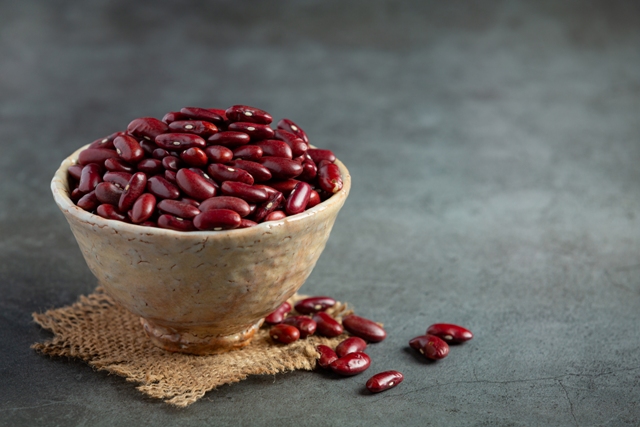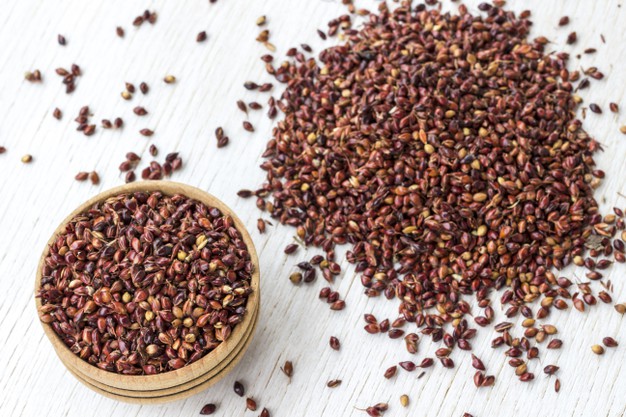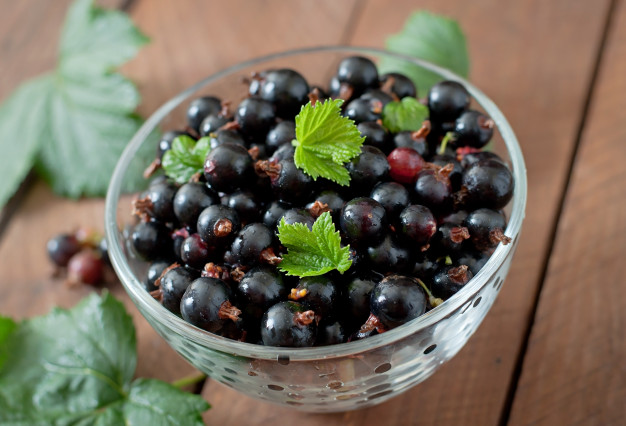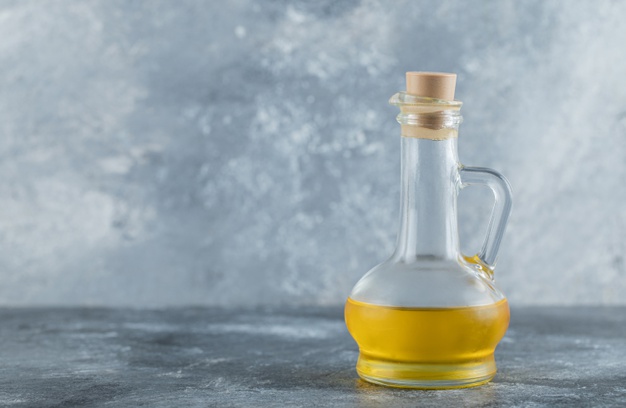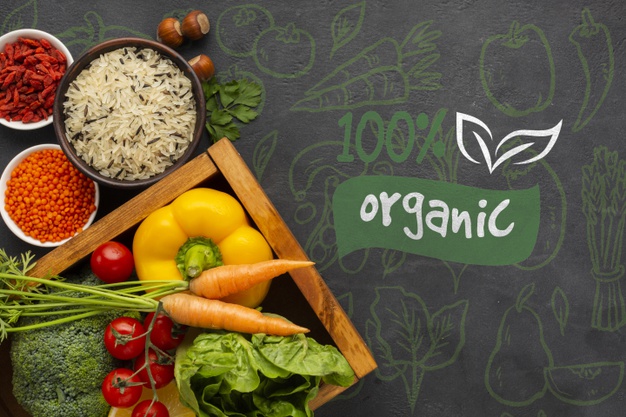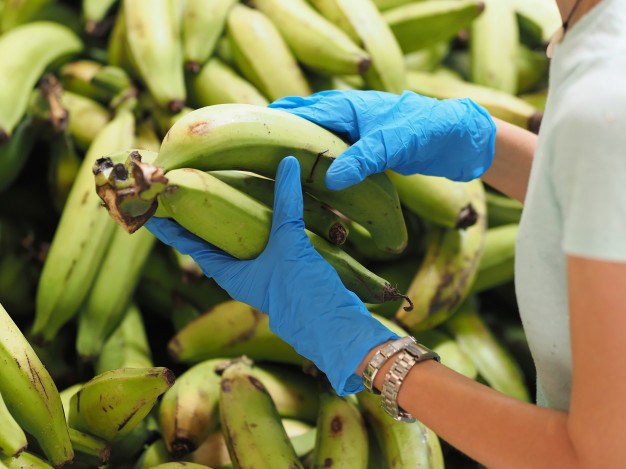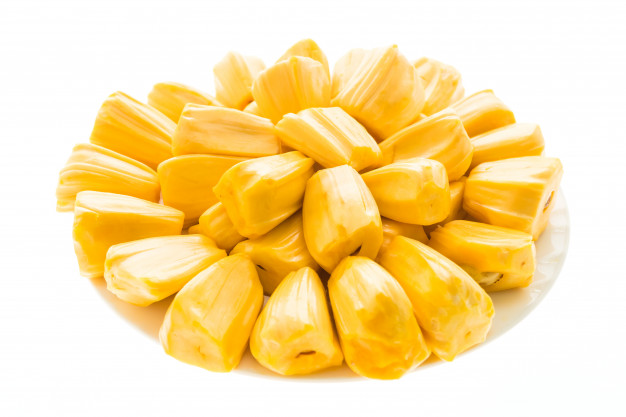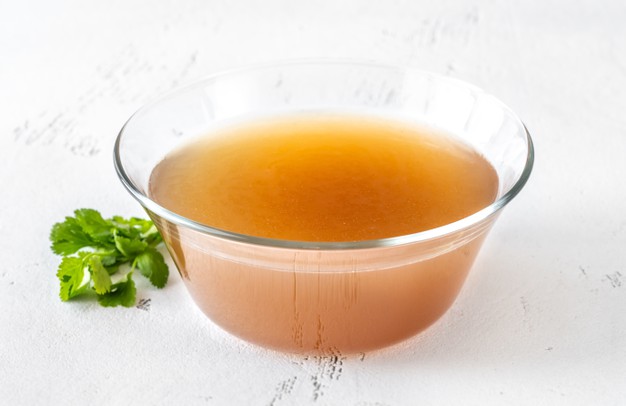Kidney beans is one of the most important legumes loaded with numerous essential nutrients. It has been used for centuries for various therapeutic purposes.
Nutritional profile
- It contains desirable amount of carbohydrates, mainly composed of starch
- It contains fibre as well. It is made up of both soluble and insoluble fibre
- It is a good source of protein. It is composed of various important amino acids
- It contains too some extent of fat as well but totally free from cholesterol
- It is packed with various important micronutrients, which include Vitamin C, Vitamin B1, B2, B3, B6, B9, Vitamin K, calcium, phosphorus, iron, copper, manganese and magnesium
Important biological components of kidney bean
- Anthocyanins: it is responsible for imparting the red colour to the bean and it also acts as potent antioxidant
- Phytic acid: it is a component, which is commonly found in many kinds of beans but it may interfere with the absorption of some minerals
- Isoflavones: these components also act as antioxidant and help to protect the body from oxidative damages
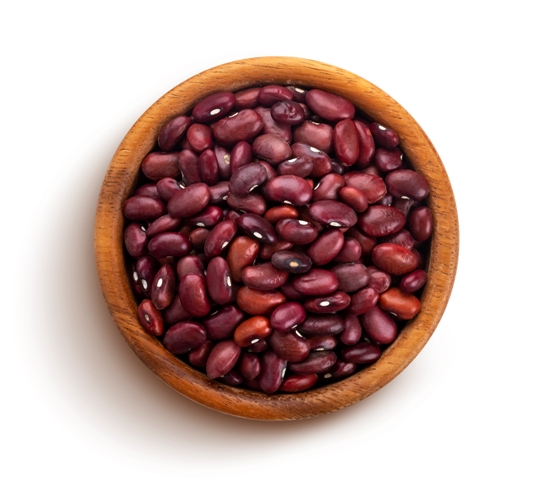
Biological activity
Antioxidant activity

It is loaded with antioxidants that help to protect the body from free radical induced oxidative damages as a result lowers the susceptibility of developing chronic diseases
Anti-carcinogenic activity
- Its antioxidant, micronutrient and flavonols components are responsible for exerting anti-carcinogenic activity
- It has the ability to fight against cancer cell and also helps in hindering the growth of cancerous cells in body
Hypolipidemic activity
- It is closely related with reducing the concentration of LDL, VLDL and triglyceride in body whereas helps in increasing the level of HDL
- Its consumption is thus thought to be very effective for improving lipid profile
Health benefits
Role on digestive health
- Consumption of kidney bean is very effective for promoting the health and activity of digestive system
- It contains adequate amount of soluble and insoluble fibre that play imperative role in promoting regularity. Basically it helps in increasing stool bulkiness and softness, which ultimately makes the defecation process easier as a result helps in reduces the prevalence of constipation
- It is also associated with improving gut health as it helps in promoting the growth of intestinal beneficial microbes
- It helps to prevent flatulence as well
- Its consumption is also related with proving a positive impact on colonic health and plays vital role in reducing the risk of developing diverticular diseases

Role on hepatic health
- Kidney bean is considered as one of the most important therapeutic substance that helps to boost the hepatic health
- Its cholesterol lowering activity is responsible for reducing the susceptibility of hepatic cell necrosis by preventing fatty infiltration, which ultimately lowers the risk of developing fatty liver disease
- It helps to decrease the prevalence of gall stones as well
Role on skeletal health
- Consumption of kidney bean is extremely useful for strengthening the skeletal system as it contains adequate amount of calcium, phosphorus and magnesium, which all play vital role in healthy bone formation
- Calcium and phosphorus present in kidney bean help in bone mineralization that subsequently increases bone mass and bone mineral density. It is also associated with preventing the prevalence of bone thinning as a result reduces the risk of developing osteoporosis as well as fractures
- Its magnesium component is also accountable for maintaining skeletal system. It helps in improving bone density too and plays vital role in delaying the onset of osteoporosis
- Consumption of kidney bean is also very effective for improving the symptoms of osteomalacia
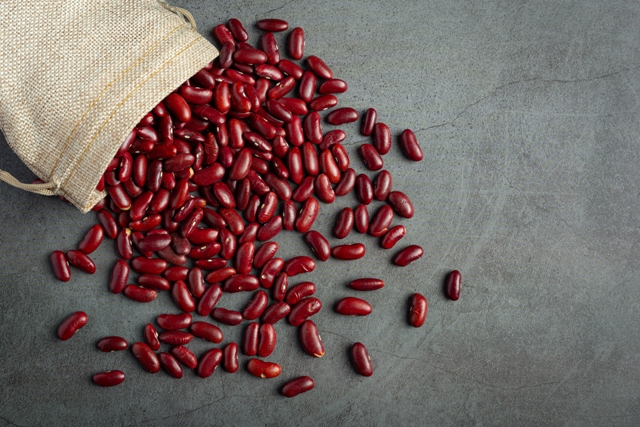
Role on gestational health

- Consumption of kidney bean during gestational period is considered as a healthy choice as it helps in promoting overall maternal health
- It contains significant amount of proteins, iron, folic acid, fibre and antioxidants, all of which are essentially required by the body during pregnancy as they all play crucial role in improving the health of both mother as well as fetus
- Protein helps in supporting the growth and development of fetus whereas it is also associated with promoting the synthesis of placenta, amniotic fluid, on the other hand it helps in the growth and development of mammary gland too, which help to approach the lactation
- Its iron content plays vital role in increasing maternal blood volume thus reduces the prevalence of anemia, which is considered as one of the most leading causes of maternal morbidity and mortality
- Folic acid present in kidney bean considered as another important micronutrient that helps in promoting the growth and development of fetal brain. It is also related with decreasing the risk of developing birth defects
- Moreover it is better to include kidney bean in the diet in order to ensure healthy pregnancy outcome
Role on baby’s health
- It has seen that consumption of kidney beans is very helpful for improving babies health as well
- It contains various imperative nutrients that play vital role in the growth and development of babies
- Calcium and phosphorus component of kidney bean play important role in strengthening their skeletal system
- Whereas folic acid present in kidney bean helps in the development of their brain
- Its protein content is also responsible for supporting their growth and development

Helps in body building
- Consumption of kidney bean is really very helpful for body building and all the credit goes to its protein content
- It is packed with various important amino acids especially branched chain amino acid that play vital role in stimulating muscle growth as we all know that proteins act as building blocks of muscles
- Its leucine content is considered as one of the most important amino acids, which is essentially required by the body for muscle building
- Whereas its magnesium content is also accountable for promoting muscle growth as it helps in promoting protein synthesis. On the other hand magnesium in kidney bean helps in muscle contraction and relaxation as well
- While consuming kidney bean, it should be kept in mind that it contains carbohydrates too, which are responsible for providing sustained energy thus it should not be taken immediately after workout
Therapeutic uses
It has been extensively used for various therapeutic purposes, like –
- It acts as an important therapeutic substance for hyperglycemia. It has seen that its consumption is really very effective for decreasing the level of glucose in blood. Its fibre content is responsible for delaying the absorption of glucose from intestinal epithelial cells, which ultimately helps in reducing postprandial blood sugar load. Whereas it is also associated with increasing insulin sensitivity, which plays vital role in stabilizing blood sugar level too
- Its consumption is also very helpful for promoting cardiac health and activity as it contains various cardio protective nutrients
- Its lipid lowering property is accountable for reducing the risk of developing atherosclerosis, which is considered as one of the leading causes of cardiovascular diseases
- It helps to prevent hypertension as well
- It also helps in reducing the prevalence of arrhythmias
- It helps to reduce the susceptibility of heart attacks
- It helps in preventing obesity. Its protein and fibre components are considered as main components responsible for facilitating weight reduction
- It helps in improving the immunological responses of the body as well
- It is also very effective for decreasing the prevalence of anemia
- It helps in improving the health and activity of connective tissues too

Risk factors
It may cause allergic reaction to some people and can also cause digestive issues if consumed in excess amount
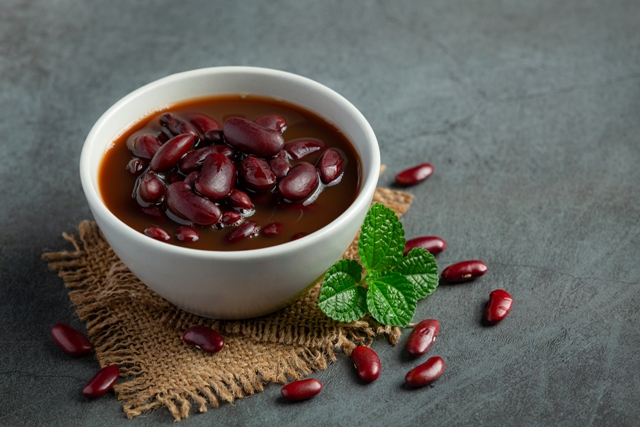
Source:
Kumar, S., Verma, A.K., Das, M., Jain, S.K. and Dwivedi, P.D., 2013. Clinical complications of kidney bean (Phaseolus vulgaris L.) consumption. Nutrition, 29(6), pp.821-827.
Limón, R.I., Peñas, E., Martínez-Villaluenga, C. and Frias, J., 2014. Role of elicitation on the health-promoting properties of kidney bean sprouts. LWT-Food Science and Technology, 56(2), pp.328-334.
Limón, R.I., Peñas, E., Torino, M.I., Martínez-Villaluenga, C., Dueñas, M. and Frias, J., 2015. Fermentation enhances the content of bioactive compounds in kidney bean extracts. Food Chemistry, 172, pp.343-352.
Punia, S., Dhull, S.B., Sandhu, K.S., Kaur, M. and Purewal, S.S., 2020. Kidney bean (Phaseolus vulgaris) starch: A review. Legume Science, 2(3), p.e52.
Singh, A., Gupta, A. and Sharma, S., 2021. Kidney Beans: Nutritional Properties, Biofunctional Components, and Health Benefits. In Handbook of Cereals, Pulses, Roots, and Tubers (pp. 357-376). CRC Press.
